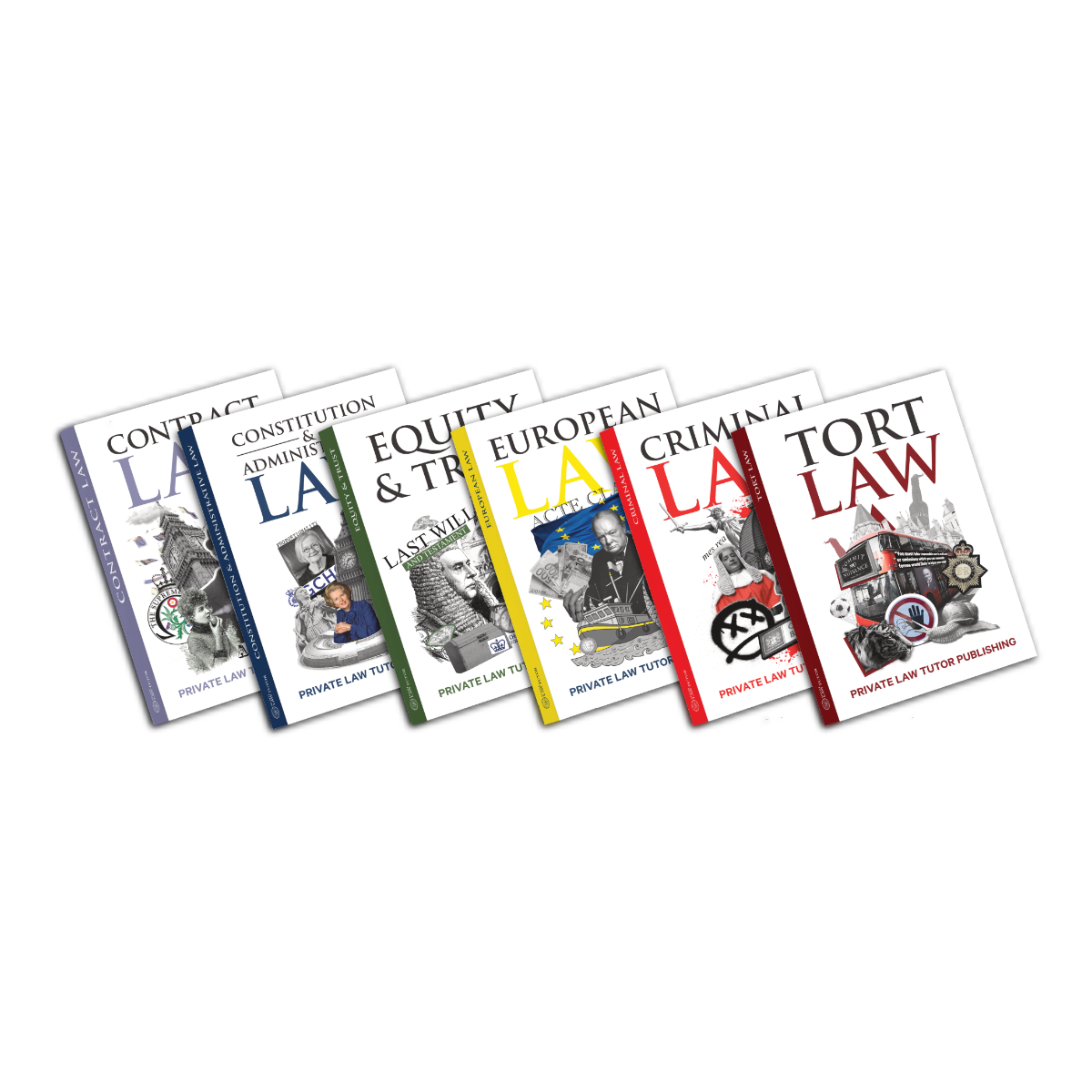Corroboration
Corroboration meaning
When a jury or bench of magistrates are deciding their verdict, they will assess the strength of the evidence which has been placed before them. Although the law does not say that one particular form of evidence is ‘better’ than another, rules do exist as to when evidence which has been given by a witness should be corroborated. In UK criminal trials, corroborative evidence refers to additional evidence that supports the prosecution's case and confirms details provided by witnesses or the defendant.
Supportive Evidence
Corroboration is other, independent evidence which supports the evidence to be corroborated and which implicates the defendant in the crime with which he has been charged. "Support" or "confirmation" are both definitions of the term "Corroboration." In the context of the law of evidence, it refers to any rule of law or practise that stipulates that a piece of evidence must be corroborated by a separate piece of evidence in order for it to be considered adequate to uphold a conviction (or any other given result).
corroborative witness
Corroboration is characterised by the fact that it is evidence that confirms something else, and it might take the form of the testimony of a second witness or of circumstantial evidence such as the behaviour of the individual against whom it is needed. It is necessary to have evidence that either directly or indirectly links the accused to the crime. otherwise you can be left in a situation where it is one persons word against another persons word.
Strength of Corroborative evidence
This type of evidence can be crucial in ensuring that a conviction is fair and just. Corroborative evidence can take many forms, including physical evidence, forensic evidence and eyewitness testimony. Judges and juries are instructed to consider this evidence carefully, as it provides additional support for the prosecution's case. Corroborative evidence is not always necessary for a conviction, but it can be an important factor in establishing guilt beyond a reasonable doubt. Overall, corroborative evidence plays an important role in ensuring that the UK's criminal justice system is fair, impartial, and effective in deterring and punishing criminal activity.
Law Books
We at Law Tutor are the industry leaders when it comes to providing legal education and private law tutoring for all law courses. For the LLB degree, the PGDL, and other legal courses, use the law notes and textbooks provided by Law Tutor. Law Teacher has prior experience teaching law at the university level and practising law as a barrister.


